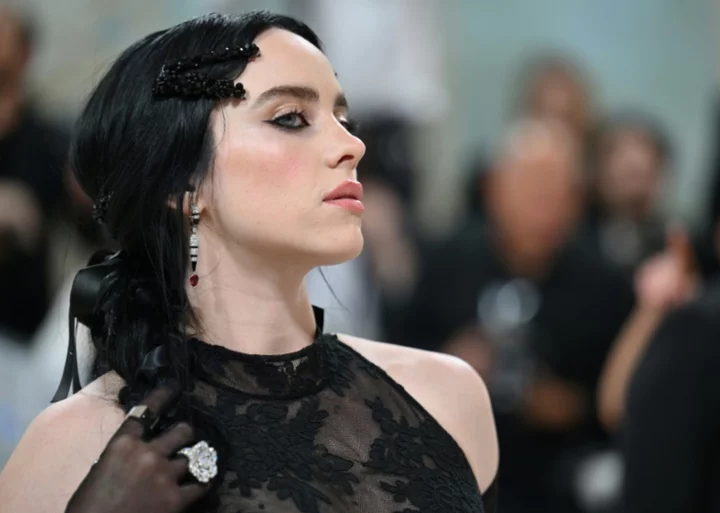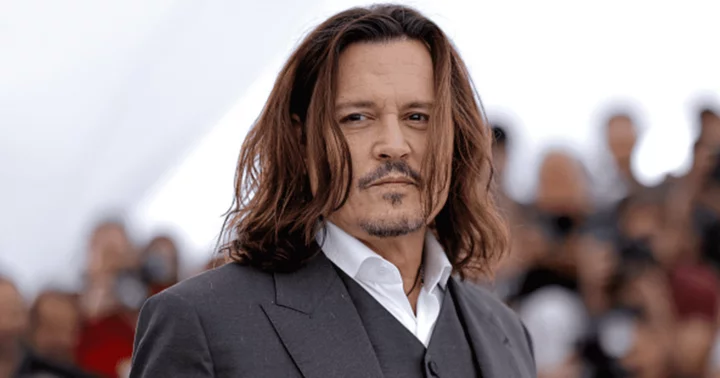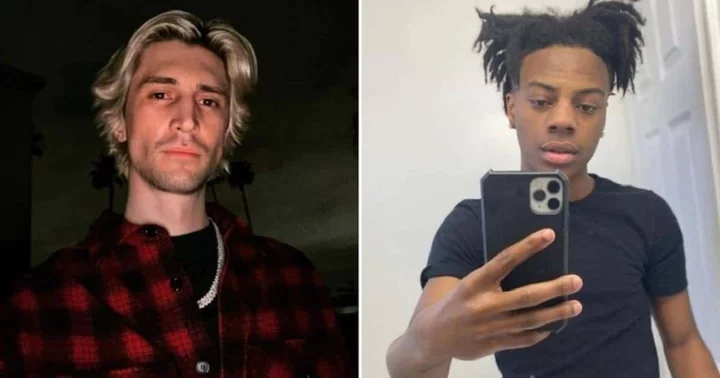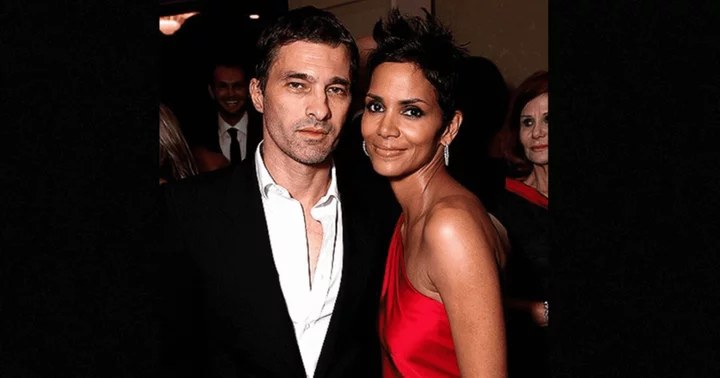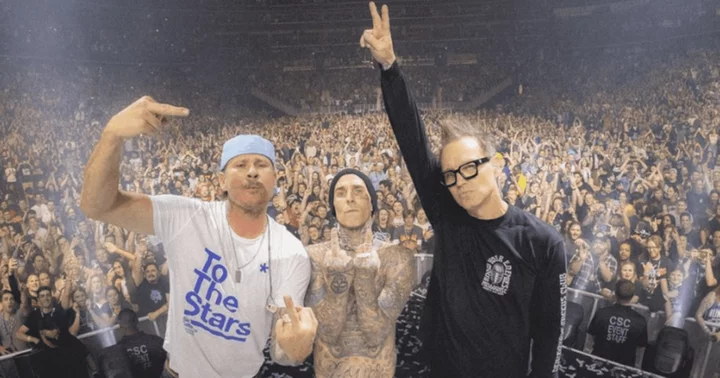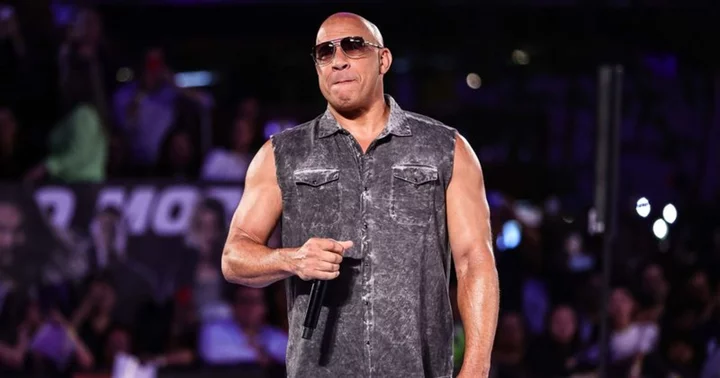From 19th-century opera singers to the youngest modern pop superstars, "divas" are taking centre stage at a major new exhibition in London.
From Saturday until April 7 next year, the Victoria & Albert Museum will be showcasing the stories of dozens of performers who have become feminist icons, anti-racism campaigners and LGBT champions.
"DIVA" includes more than 250 exhibits, including photographs, posters, magazines, film and video clips, as well as an accompanying soundtrack.
But the focus of the in-depth look at the mould-breaking talents on display is some 60 outfits that defined their distinctive image.
On show are Josephine Baker's sequinned costumes from the early 20th century as well as Stella McCartney's designs for the young American singer Billie Eilish.
There are also gowns by major designers worn on the red carpet of film premieres and at award ceremonies.
"From the early 19th century opera singers that commissioned their own couture gowns to the kind of contemporary catwalk, from the Met Gala to the stage, the diva look and the diva expressing themselves through fashion is incredibly important" curator Kate Bailey told AFP.
The exhibition takes visitors on a journey across two centuries of female empowerment, from the first use of the Italian word meaning "goddess" to describe opera greats such as soprano Adelina Patti.
She was the best-known woman in 19th-century Britain after Queen Victoria.
Being classed as a diva allowed women rare independence at the time -- and made them pioneers in the struggle for equality with men.
The concept then evolved to the stage, with dancers such as the American Isadora Duncan and actresses such as France's Sarah Bernhardt.
"My life has been a struggle to have my own way where I felt I was in the right," Bernhardt, who in the 1800s played male roles such as Shakespeare's Hamlet, once said.
- Equality to fluidity -
As technology developed, divas transferred to silent and then talking movies.
A major part of the exhibition is devoted to Greta Garbo, Marlene Dietrich, Elizabeth Taylor and Marilyn Monroe, who was most famously depicted in Andy Warhol's pop art portrait.
Costumes used in films such as Taylor's in "Cleopatra" from 1963 or Monroe's in "Some Like It Hot" from 1959 are on display.
"DIVA" chronicles the struggle of these artists to make their way in a man's world and includes a chronology of the parallel evolution of feminism and the creative industries.
"It's diva and power, diva and creativity... having a voice and using that voice and that platform to shift the needle, to do something different, to reinvent, to transform, to inspire," said Bailey.
The exhibition hails jazz singers Nina Simone and Ella Fitzgerald for breaking down racial barriers in the United States, alongside images from the recent Black Lives Matter movement.
Modern-day divas such as Tina Turner and Cher feature, with their most recognisable outfits designed by the American Bob Mackie.
But there are also counter-culture icons such as punk priestess Siouxsie Sioux and her non-conformist Pam Hogg creations.
The likes of Madonna, Bjork and Lady Gaga have repeatedly shown a chameleon-like ability to reinvent themselves or, like Annie Lennox, to push the boundaries of the feminine and masculine.
That has allowed other divas to be featured, such as Freddie Mercury, Elton John and Prince, who contributed to the LGBT struggle with their glamorous outfits.
acc/phz/jj

